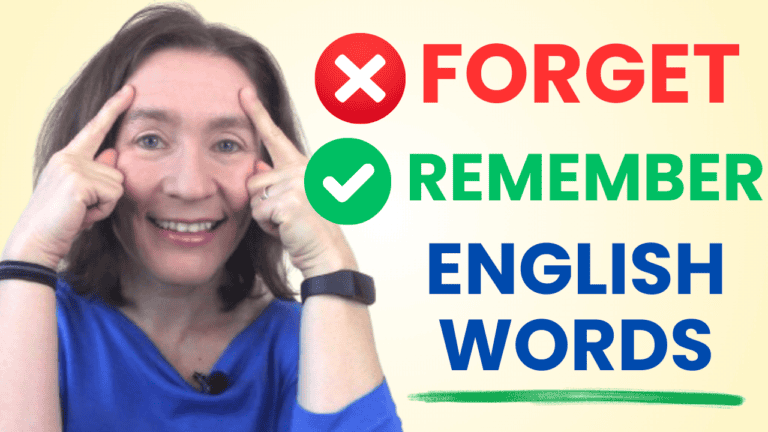
Hi students! Today you’re going to learn a lot of interesting ways to say “yes” in English.
But wait – why should you learn these expressions, when you could just use “yes” to keep things simple?
There are two good reasons – one is so that you can understand native English speakers, because we use these expressions all the time. If you only know the word “yes,” then you might be confused when you hear someone say “Why not?” or “Be my guest!”
And another good reason to learn these is so that you can use them yourself to express your own answers in different and creative ways. Some of these expressions actually add additional meaning beyond a simple “yes,” so it’s important to learn the context and types of situations where you can use them.
One great way to learn phrases in context is to join my Everyday English Speaking Courses, which will teach you phrases inside dialogues. The lessons in these courses are fun and very practical.
Let’s get started with these 20 ways to say yes! Instead of showing you a big list of words, I’m going to show each one inside a little situation.
20 Ways to say YES in English
“Do you have a dog?”
“Yeah / yup / yep”
These all simply mean “yes” with no additional meaning. These are all pretty informal, so you should generally avoid them in more professional situations like job interviews.
“Have you bought the tickets?”
“Mm-hmm / Uh-huh”
These sounds both mean “yes.” Sometimes people use these when they’re distracted and not completely paying attention to the person asking the question.
“Are you going to the party?”
“For sure! / You bet!”
These both express enthusiasm – like saying “DEFINITELY yes!” These are both more informal expressions.
“Are you interested in working with our company?”
“Definitely!”
This is a more professional way to express an enthusiastic “yes”
“Will you have this report done by Friday?”
“Absolutely. / Without a doubt.”
These express 100% certainty – you are guaranteeing that the answer is “yes.”
“Can you give me a ride?”
“Sure. / No problem / I’d be happy to.”
We can use “sure” to mean “yes” when responding to a request for a favor, like “can you give me a ride?” or in response to an offer, like “Do you want some ice cream?” – “Sure!”
You can use it in both formal and informal situations – again, in reply to favors and offers. We don’t use “sure” when replying to questions about facts, like “Do you have a dog?” or “Are you married?”
“No problem” and “I’d be happy to” are also common replies when you want to say “yes” to a favor.
“Can you put me in touch with the director of marketing?”
“Of course / Certainly”
These are more formal/professional ways to agree to a request or favor.
“Want to join us for lunch?”
“I’d love to!”
This is a way to give an enthusiastic “yes” specifically to an invitation – someone invites you to a party, or to a meal, or to participate in an activity. “I’d love to!” can be used in both formal and informal situations.
“Can I borrow your pen?”
“Go ahead / Be my guest.”
These phrases are used to say “yes” when someone asks your permission to do something. For granting permission, we could also say “sure.”
“Should we order some pizza tonight?”
“Why not?”
The expression “why not?” means “yes” – more specifically, it means “there’s no good reason NOT to do this action.” It’s often used to reply to suggestions and ideas for future plans or possibilities.
“It’s raining. Are you going to cancel the picnic this afternoon?”
“I guess so.”
The phrase “I guess so” expresses a reluctant yes – when you are saying yes, but you don’t really want to say yes, or you’re somewhat sad about the “yes.”
Now you know 20 different ways to say “yes” in English, in all sorts of different situations – formal and informal, replying to questions about facts, favors, and offers.
To continue improving your spoken English and learning the phrases that native speakers use, come join my Everyday English Speaking Courses. You’ll learn what to say when traveling, socializing, doing daily activities, and talking about all sorts of topics.










